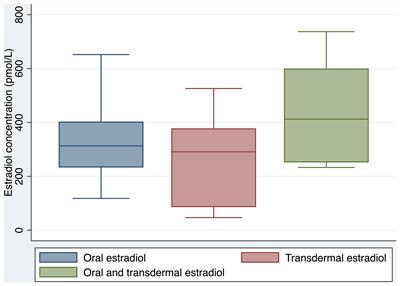ORIGINAL RESEARCH
Published on 22 Jul 2022
Inter-Network Brain Functional Connectivity in Adolescents Assigned Female at Birth Who Experience Gender Dysphoria
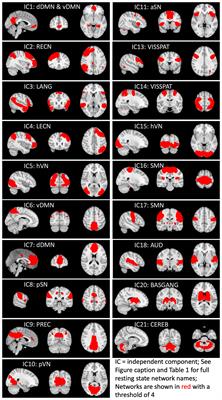
doi 10.3389/fendo.2022.903058
- 7,183 views
- 3 citations
28k
Total downloads
360k
Total views and downloads
ORIGINAL RESEARCH
Published on 22 Jul 2022

EDITORIAL
Published on 07 Jan 2022
SYSTEMATIC REVIEW
Published on 18 Nov 2021
SYSTEMATIC REVIEW
Published on 09 Nov 2021
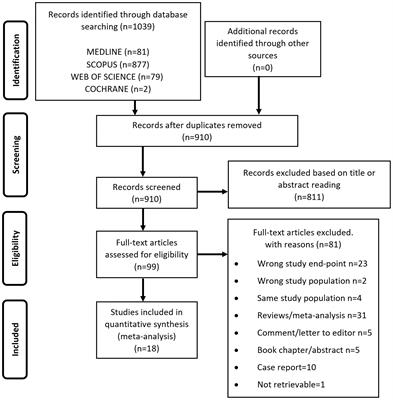
ORIGINAL RESEARCH
Published on 13 Oct 2021

MINI REVIEW
Published on 30 Sep 2021
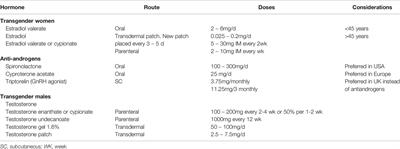
CASE REPORT
Published on 29 Sep 2021
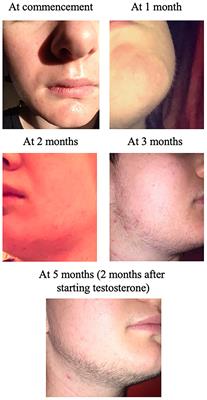
ORIGINAL RESEARCH
Published on 24 Sep 2021
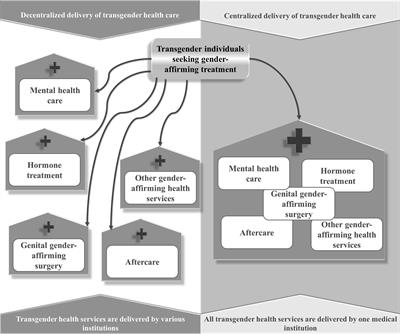
PERSPECTIVE
Published on 07 Sep 2021

ORIGINAL RESEARCH
Published on 19 Aug 2021
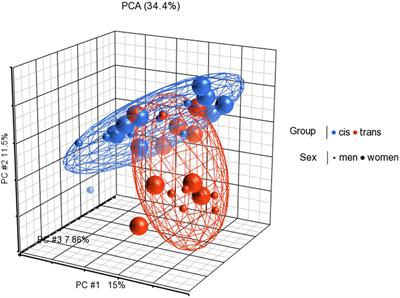
ORIGINAL RESEARCH
Published on 29 Jul 2021

ORIGINAL RESEARCH
Published on 13 Jul 2021
